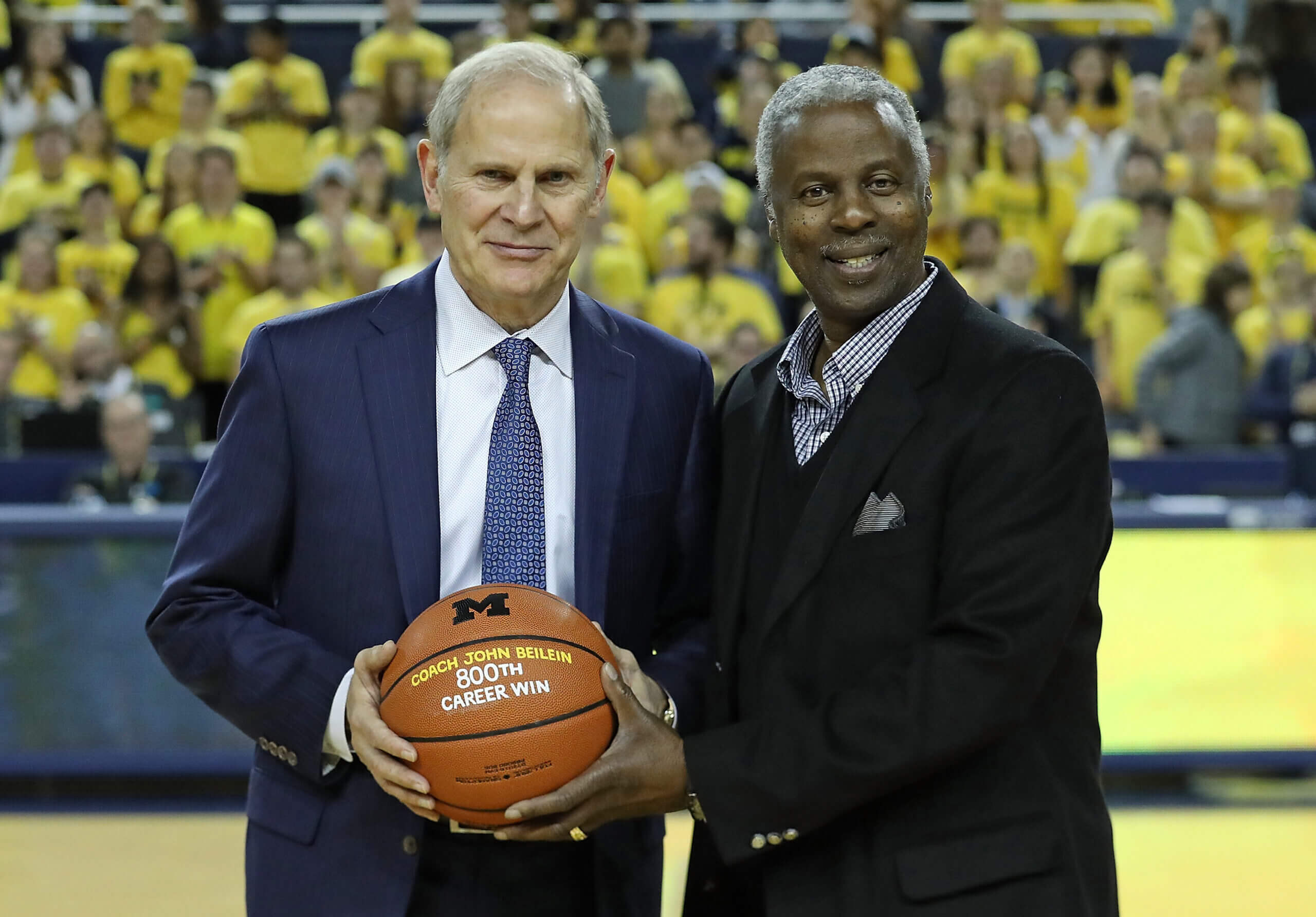Two-time Olympic champion Jade Jones of Britain admitted Thursday she “made a mistake” when she failed to submit herself to an out-of-competition doping test last year. The taekwondo athlete was cleared by the British anti-doping agency and was allowed to compete at the Paris Olympics.
Jones was eliminated from the 57-kilogram category on Thursday, losing her opening bout to Miljana Reljikj of North Macedonia.
UK Anti-Doping said last month that Jones violated the rules after “refusing or failing to submit to sample collection” but found that she ”bore no fault or negligence.”
After testers showed up at a Manchester hotel where she resided, Jones told them she was unable to provide a sample because she needed to go for a dehydration bath ahead of a weigh-in. She provided a sample later that day and it returned negative.
“I made a mistake,” Jones said after her Olympic loss. “They came on dehydration day, I wasn’t in the right mind. I was lucky they looked into it and it all got sorted and proven I was innocent.”
Jones’s Olympic aspirations were cut short at the first hurdle in Paris. Her early exit was fueled by a combination of factors, including the weight-cutting process and the psychological impact of the doping violation. The incident, which happened in December 2023, saw Jones fail to submit a urine sample to testers at her Manchester hotel, citing dehydration and lack of mental clarity as reasons for her refusal.
“I can confirm that I’ve never taken drugs,” Jones said. “I’ve done hundreds of tests and since then I’ve done 13 more tests, more than ever.”
In a statement released shortly before the Games, Ukad announced a ‘no-fault’ ruling on the doping violation. The agency concluded that Jones’s refusal to provide the sample was a direct result of her cognitive impairment, which was caused by an unspecified medical condition. The report, prepared by a psychiatrist, helped Jones avoid a potential ban from the sport.
“I’ve done hundreds of tests. Since then I’ve done I think 13 more tests, blood, and I’ve never had any [positive results].”
She added: “I’m obviously not on drugs, I just lost.”
Despite the setback, Jones was determined to prove her innocence. She has maintained her stance, emphasizing her commitment to clean competition and her dedication to the sport. Her story serves as a reminder of the challenges athletes face in a high-pressure environment and the complexities involved in navigating the weight-cutting process, which is frequently associated with dehydration and fatigue.
The athlete’s decision to speak out about the incident, despite the emotional toll it took, is a testament to her strength and resolve. She acknowledged her mistake and expressed her willingness to learn from it. Looking ahead, Jones’s immediate focus will be on regrouping and seeking solace with her family. Her future in taekwondo remains uncertain, but she has shown resilience in the face of adversity, leaving the door open for a possible return to the sport.
The Weight of Expectations
Jones’s journey to the top of the sport was characterized by unwavering dedication and a relentless pursuit of excellence. However, the pressure associated with defending her Olympic title, coupled with the weight-cutting requirements, took a significant toll on her mental and physical well-being.
The taekwondo athlete’s weight-cutting process involved intense dehydration and a strict dietary regimen, which she explained as a significant factor in her decision to refuse the doping test.
A Moment of Doubt
Despite being cleared of any wrongdoing by Ukad, Jones’s ordeal had a profound impact on her. The ordeal was a stark reminder of the challenges faced by athletes, particularly when trying to navigate the demands of a competitive sport, while simultaneously ensuring adherence to strict anti-doping regulations. The pressure to perform at the highest level, coupled with the need to maintain a specific weight class, can often lead to compromises and decisions that may not be in an athlete’s best interest.
Moving Forward
The future of Jade Jones’s taekwondo career remains uncertain. Yet, she has demonstrated remarkable strength and resilience in the face of adversity. Although she fell short of her goal of a third Olympic gold, her dedication to clean competition and her commitment to the sport have not wavered. The athlete’s experience highlights the multifaceted challenges athletes face in the competitive sporting landscape, offering valuable insights into the complexities of weight-cutting, doping regulations, and the psychological impact of high-pressure environments.



















